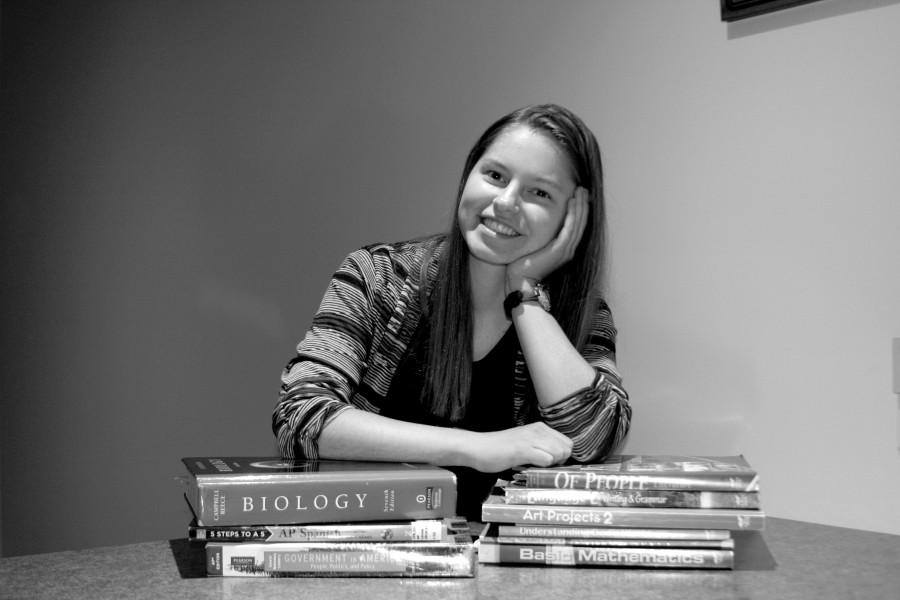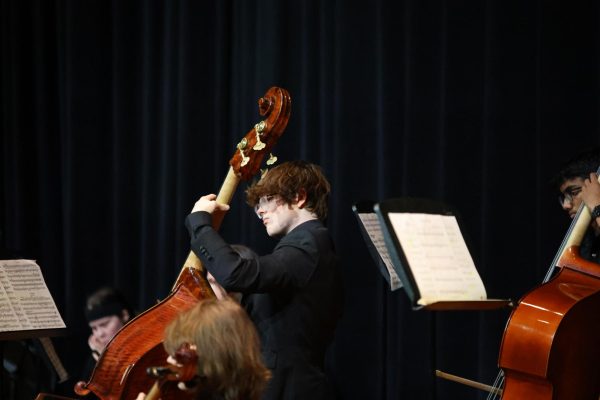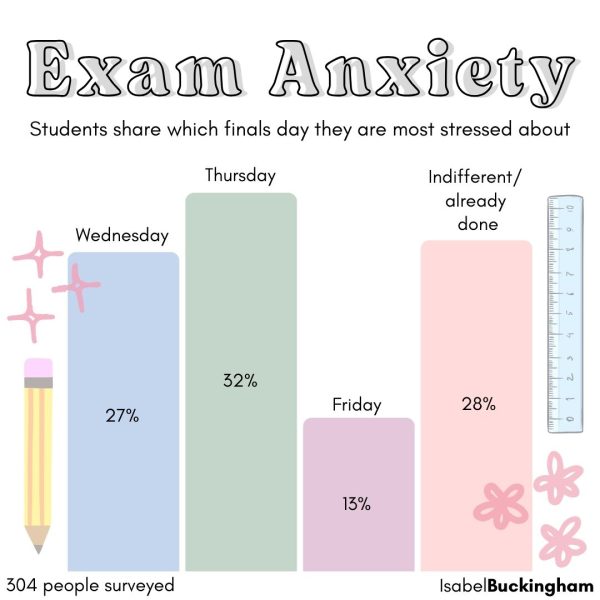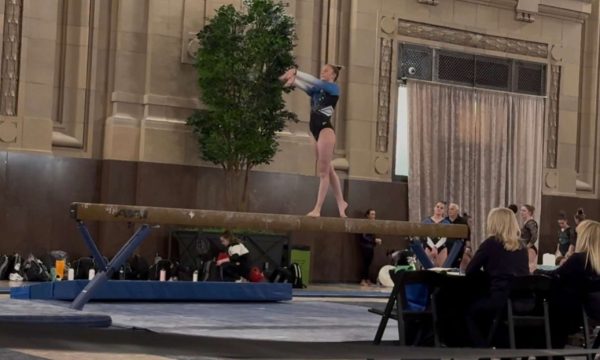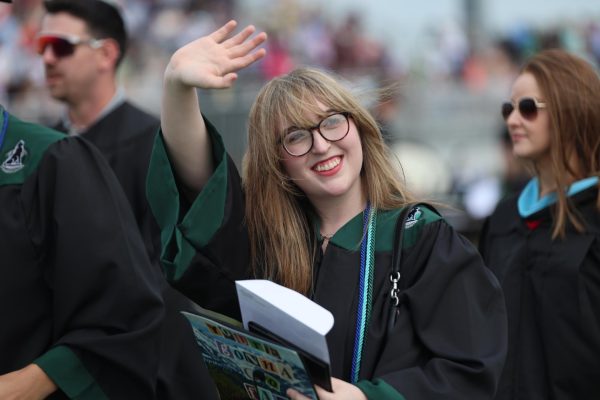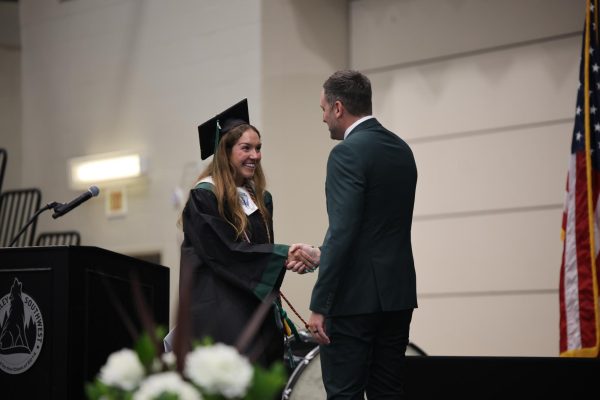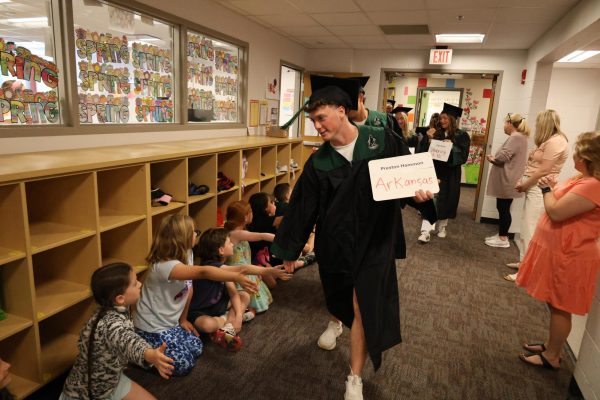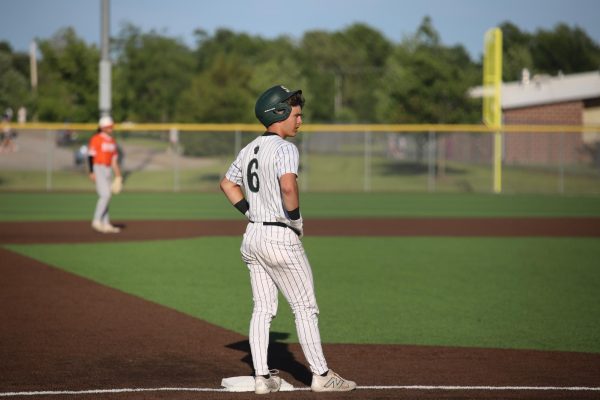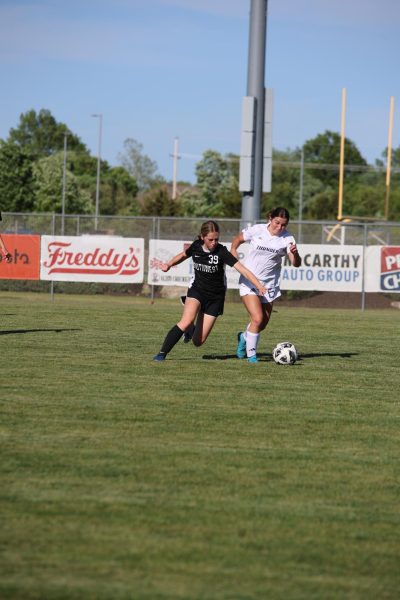Students explain the effect of home school on their high school experience
On her first day of eighth grade, senior Victoria Clark introduced herself to two of her classmates as they began to work on a short group assignment. She completed her portion of the work, but when it was time for her partner to present the information to the class, she struggled to read Victoria’s handwriting because it was in cursive. Victoria, who had been copying Bible verses into cursive ever since the second grade as a part of her home school curriculum, just shrugged and decided to read the information instead.
Victoria began home schooling shortly before her fourth birthday and continued all the way through seventh grade before attending Pleasant Ridge Middle School as an eighth grader. Clark’s mother, Marianne Clark, instructed Victoria and her sister, sophomore Alexandria Clark, using the A Beka curriculum, which provides comprehensive lessons on all main school subjects with a Christian perspective. Originally, Marianne began instructing Victoria using the K4 (kindergarten for four year olds) curriculum after a friend who used A Beka to instruct her own children gave Marianne the curriculum.
“I was a stay at home mom,” Marianne said. “Victoria was my first child and she was eager, so we started in on that curriculum. By the time that she would have gone into kindergarten in public school, she was already in first grade in the A Beka curriculum. I had her so far ahead that I thought, ‘What am I going to do here? She can read. She can write. She’s going to be bored in school.’ Then, knowing that the public schools [in Mississippi] were already not what they are here, I thought, ‘You know what? We’re going to just keep doing what we’re doing.’”
By the time Victoria had reached the fourth grade, her family had switched over from the A Beka book curriculum and was now using the company’s pre-recorded video lessons for her classes. These videos helped Victoria to stay on track with her education as her family moved twice over the course of the year, first from Mississippi to Arkansas, then from Arkansas to Kansas.
“Had she been in a public school situation, she would have been lost,” Marianne said. “But we were able to just keep going with our lessons wherever we were.”
While her video lessons enabled Victoria to work at her own pace as she completed her schoolwork, there were certain classes and activities typically found in a public school that she couldn’t participate in.
“There are definitely things that we couldn’t do while home schooling that would have been beneficial,” Victoria said. “For instance, Spanish class because my mom took German, so she couldn’t teach me Spanish, and science labs, which are costly so it would be silly to buy a microscope for a family to use in a home school setting.”
Once Victoria completed the seventh grade, she and her parents made the decision to put both her and her sister into the Blue Valley School District. Victoria entered Pleasant Ridge as an eighth grader and Alexandria was a sixth grader.
“It took us a long time to make the decision,” Marianne said. “We weighed public school, private school and continuing in home school, but the biggest factor, for me, was that I didn’t want her first time on her own to be when she went to college. We just thought that it would give her a good chance to just start getting out among other kids and still be under our roof at night.”
Because Victoria had been taught a year ahead of her peers, she didn’t have to catch up on her academics to prepare for her first year in public school. Instead, she repeated eighth grade because there were differences between the Blue Valley and A Beka curriculums, and also because it would give her a “full year to experience public school without having the stress” of high school, when “the grades counted.” She did, however, take a tour with her family of Pleasant Ridge so that she and Alexandria could become familiar with the new environment. Despite being familiar with her surroundings and having her sister to share the experience with, Victoria had some concerns on her first day.
“I remember at first it was as big shock for me to look around and see hundreds of people, but I didn’t know them,” Victoria said. “Like anyone who goes to school where they don’t know anyone at all, I found that to be a bit hard. I had friends from church and from dance class, but they went to different schools or were in a different grade.”
Aside from the social differences between home school and public school, another experience that Victoria had to adjust to was due dates on her assignments.
“When I was home schooled, I didn’t really have any set due dates,” Victoria said. “If a project was due one day, since I am kind of a perfectionist, I might literally take a whole day to finish that project. Then, when I went to public school, I had to learn to be done with something and go, ‘Well, this is good enough for the time I had,’ and just turn it in.”
Unlike Victoria, sophomore Butch Clemons was only home-schooled during third and sixth grade, so rather than having to adjust to a large public school environment, he had to become accustomed to being instructed in his own home.
“My mom told me about [being home-schooled] halfway through the summer and I held that grudge,” Clemons said. “I heard about all the exciting stuff with everyone starting middle school, but for me it was like, ‘Oh, just kidding.’ I was heated about it.”
While he was home schooled, Clemons had a tutor for math and used Rosetta Stone for his Spanish lessons, but his mother was responsible for teaching his other courses. Even though home school allowed Clemons to be instructed ahead of his peers, he found it “weird to not have other classmates” learning beside him every day.
“I honestly prefer public school because of the social aspect and getting to see my friends all the time,” Clemons said. “Also because when I was home schooled, we didn’t have electives, so here I can try lots of different things that I wouldn’t be able to otherwise.”
Although Clemons returned to public school for good in the seventh grade, he said that the experience, although brief, was not without its benefits.
“I actually learned a lot more at home,” Clemons said. “And I got to have a broader view so that I can better relate to people who have experience with being home-schooled.”
To Marianne, the advantage of starting her children in home school and switching them to public school was that it allowed them to have the “best of both” learning environments. Home schooling allowed her to ground her children in a Christian curriculum, while public school allowed for more extracurricular activities, competition in the classroom and the chance to choose a steady friend group.
“I think that being home schooled definitely made me independent in terms of my schoolwork,” Victoria said. “I had a sort of self-motivation, so that was something good about it. I also think that it strengthened my beliefs in my faith because I had a Bible class and there was the faith aspect in each part of my schooling. Still, I really enjoy being able to work with other people on school assignments, and I value the friendships that I have because of [public] school.”
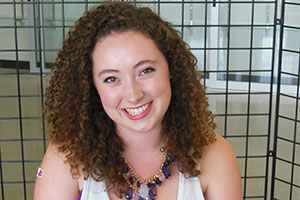
Lauren Stone is a second-year staffer on The Standard. Last year she was the Special Sections Editor, but she is now one of two design coaches because...


